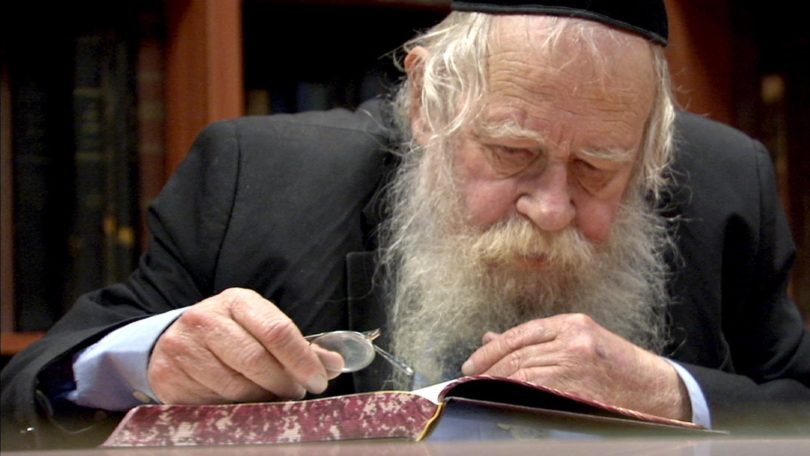Physiologically, alcohol acts as a depressant, slowing one’s vital activities.
(An extreme case of this effect can be observed in one who drinks a large quantity of alcohol and falls asleep. It is difficult – if not impossible – to rouse him.)
The depressant effect is gradual. In the first stage, alcohol lowers the functioning of the “control centers” in the brain, which inhibit a person from doing certain things, whether positive or negative.
This creates an opportunity for those things – which generally are dormant – to be expressed.
In and of itself, the alcoholic drink has no message; its whole task is to enable other things to emerge.
Intoxication leads to a wide range of reactions.
Some people become happy, while others cry.
One person may emit all the foulness of the world, only holy things spring forth from his friend.
In order for intoxication to be beneficial and not just make one uglier and despicable, it is important to decide beforehand where one wishes to end up through the intoxication and in what manner one wishes to depart from constraint.
One must have in mind ahead of time where this outburst should lead, planning the manner in which to release his chains and depart from habitual patterns of behavior.
According to the halakha, there are cases in which it is sufficient to begin an act with a certain intention in order for the entire act to be considered as having been done with that intention, and the same applies to intoxication.
One’s accomplishment depends on his intention before beginning to drink.
If one’s intention is to drink for the sake of drinking, for the sake of boisterousness or in order to fall asleep as quickly as possible – these will be the goals ultimately attained.
–Rabbi Adin Steinsaltz

